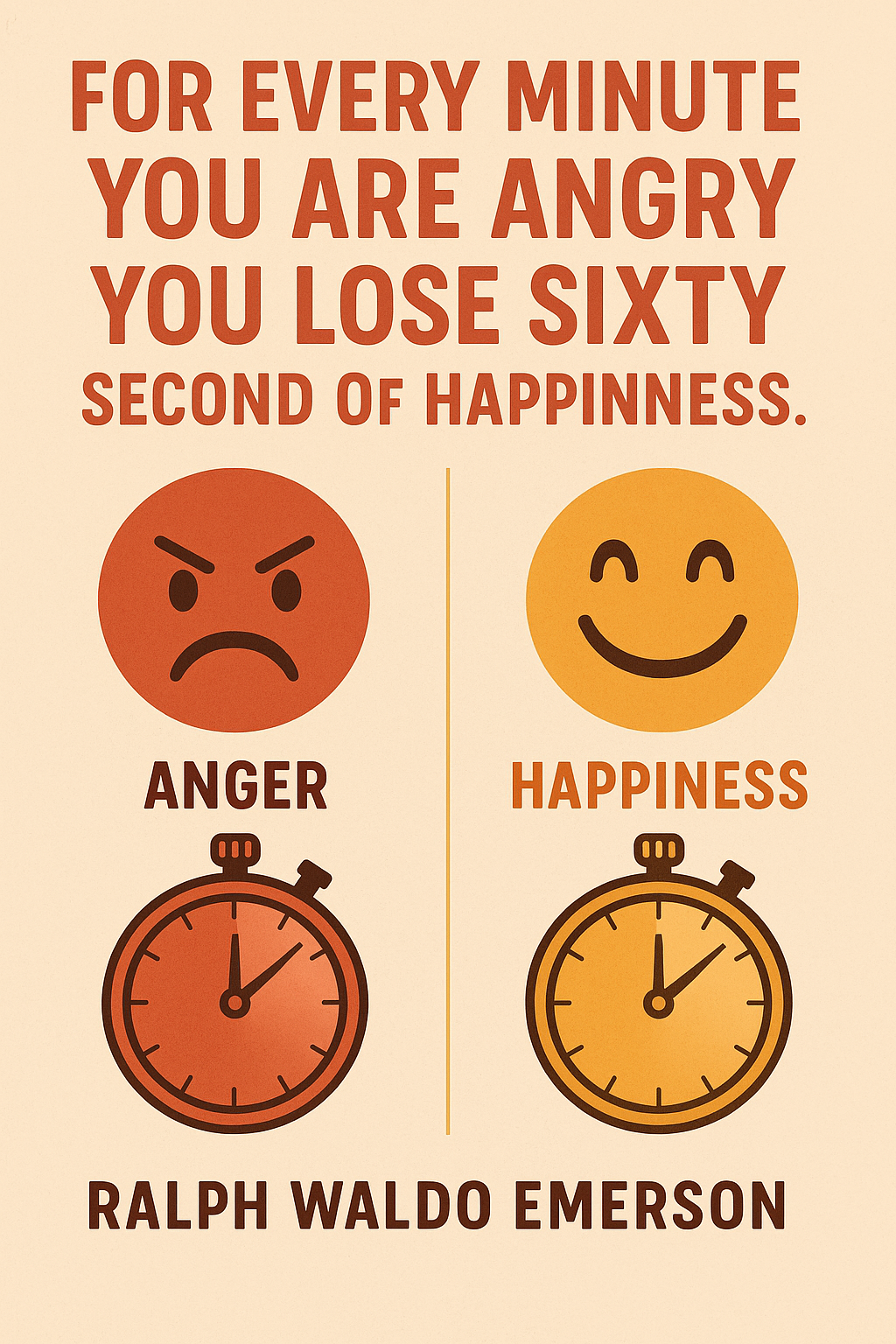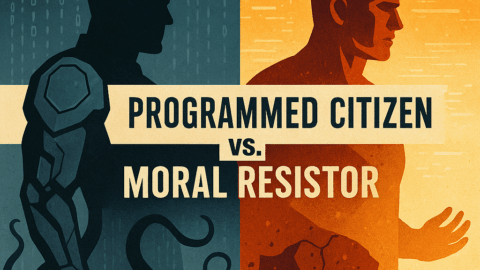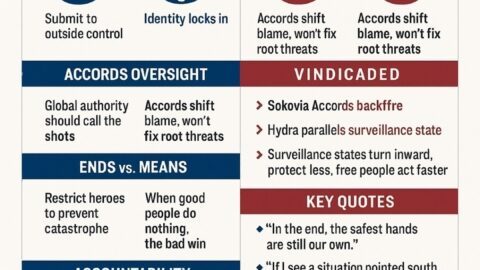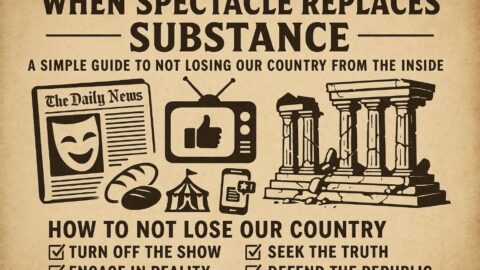Quote:
“For every minute you are angry you lose sixty seconds of happiness.”
– Ralph Waldo Emerson
Understanding the Meaning Behind Emerson’s Quote
At its core, Emerson’s quote is a profound reminder of the zero-sum nature of emotional experience: the time we spend in anger is time we cannot spend experiencing joy, peace, or contentment. Emotions are finite in their occupancy; one emotion often crowds out another. Every second devoted to negative emotions steals potential moments of growth, gratitude, and fulfillment.
Anger may seem justified in the moment, but if not managed wisely, it consumes energy, clouds judgment, and prolongs suffering unnecessarily.
Why Do We Get Angry?
- Perceived Injustice or Threat:
Anger often arises when we feel we (or others) have been wronged or threatened. - Unrealistic Expectations:
When reality doesn’t meet our expectations, frustration and anger can surface. - Unhealed Wounds:
Past unresolved trauma or emotional wounds can trigger disproportionate anger in current situations. - Loss of Control:
When people or events are outside of our control, we may become angry as a misplaced attempt to regain power.
The High Cost of Anger
- Physiological Costs:
Chronic anger leads to high blood pressure, heart problems, immune dysfunction, and accelerated aging. - Emotional Costs:
Anger distorts perception, reduces empathy, damages relationships, and fuels resentment. - Opportunity Costs:
Every moment spent in anger is a moment lost for:- Joy
- Laughter
- Peace
- Connection
- Creativity
In essence, anger robs us twice: first by the damage it does, and second by the good it prevents.
How to Transform Anger: The Path Forward
A) Acknowledge It Without Feeding It
Recognize when you are angry without judging yourself harshly.
“I am feeling anger right now.”
B) Pause and Breathe
Use your breath to reclaim the present moment.
Deep breathing lowers cortisol and activates the parasympathetic nervous system, calming the mind.
C) Shift Perspective
Ask:
- “Will this matter in 5 days? 5 months? 5 years?”
- “Is my anger productive or destructive?”
Often, what feels massive is relatively small with distance.
D) Redirect Energy Constructively
Channel anger into actions that solve the problem or express it creatively through:
- Journaling
- Physical exercise
- Artistic expression
E) Practice Forgiveness
Forgiveness is not excusing bad behavior—it is liberating yourself from chronic anger’s grip.
“Forgiveness is giving up the hope for a better past.”
F) Focus on Gratitude
It’s impossible to be simultaneously angry and grateful.
Gratitude practices—like listing five things you are thankful for—retrain the brain toward positivity.
G) Build Emotional Intelligence
Invest time in learning emotional regulation, empathy, and communication skills. Emotional mastery leads to life mastery.
Why Happiness Requires Intentionality
Just as gardens require careful cultivation, happiness demands deliberate action. Left unattended, negative emotions grow like weeds. Choosing happiness is a daily, conscious choice:
- Letting go of grievances
- Embracing forgiveness
- Focusing on growth, not blame
- Choosing gratitude over resentment
You don’t “find” happiness; you build it, moment by moment.
Conclusion:
Anger is a thief dressed in justification.
Each minute we allow anger to dominate, we hand over our limited time and peace to a fleeting, destructive force.
Emerson’s wisdom reminds us: “Guard your minutes like gold, for what you invest them in will determine the treasure you find.”
Choose joy. Choose forgiveness. Choose life.







